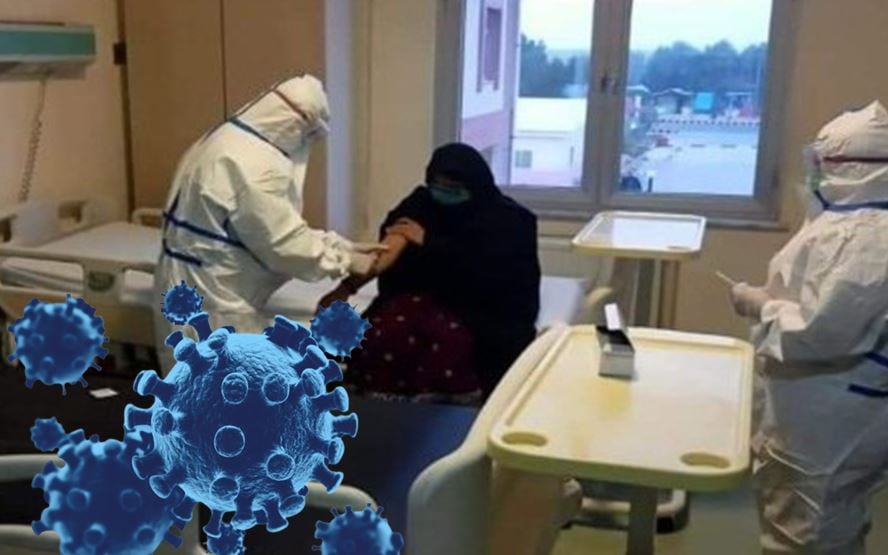Though no case of Nipah Virus has been reported in Pakistan, there is a need to take precautionary measures due to its outbreak in India.
Punjab government has already issued alert to avoid worst scenario in coming days.
Following are some facts which people should know for their own safety and that of their dear and near ones.
Nipah Virus:
Nipah virus (NiV) infection is an emerging zoonosis that causes severe disease in both animals and humans and is endemic in South-East Asia Region.
NiV was initially isolated and identified in 1999 in Malaysia and Singapore during an outbreak of encephalitis and respiratory illness among pig farmers and people with close contact with pigs.
In May 2018, confirmed cases of Nipah virus (NiV) infection including fatalities were reported in the southern state of Kerala, India. As of 25 May 2018, a total of 36 confirmed cases including 11 deaths were reported.
Clinical Picture:
Infection with Nipah virus is associated with encephalitis. After exposure and an incubation period of 5 to 14 days, illness presents with 3-14 days of fever and headache, muscle pain, nausea and vomiting, followed by drowsiness, disorientation and mental confusion.
These signs and symptoms can progress to coma within 24-48 hours.
Some patients have a respiratory illness/influenza like illness (ILI). Long-term sequel following Nipah virus infection has been noted, including persistent convulsions and personality changes. It has 74% mortality rate.
Host! Reservoir:
Fruit bats of genus Pteropus, family Pteropodidae (also known as flying-foxes) are the natural hosts of the virus.
Mode of Transmission:
Nipah virus can be transmitted to humans from animals (bats, pigs), consumption of fruits contaminated with droppings/secretions and can also be transmitted directly from human to human.
Suspected Case:
Respiratory features (cough, breathing difficulty) with acute encephalitis symptoms, acute onset of fever and altered mental status, seizure or any other neurological deficit.
Epidemiological linkage like drinking raw date, palm sap or travel to Nipah endemic areas.
Treatment:
No vaccination for human use is available. Supportive care is recommended as no specific antiviral are available. Treatment is mostly focused on managing fever and the neurological symptoms.
Severely ill individuals need to be hospitalized and may require use of ventilator.
The clinical usefulness of ribavirin remains uncertain.
Preventive Measures:
Eat fruits only after proper washing and improve public awareness.
Do not eat partly consumed fruits which may be contaminated with secretions from fruit bats.
Advice for Health Professionals:
Healthcare professionals should be aware of the signs and symptoms of NiV and obtain a travel history when assessing patients.
Health professionals caring for patients with suspected or confirmed NiV infection, or handling specimens from them, should implement standard infection control precautions at all times.
As human-to-human transmission, in particular hospital (nosocomial) transmission has been reported; contact and droplet precautions should be used in addition to standard precautions.
Nipah Virus: Punjab issues guidelines for prevention, control of infection










